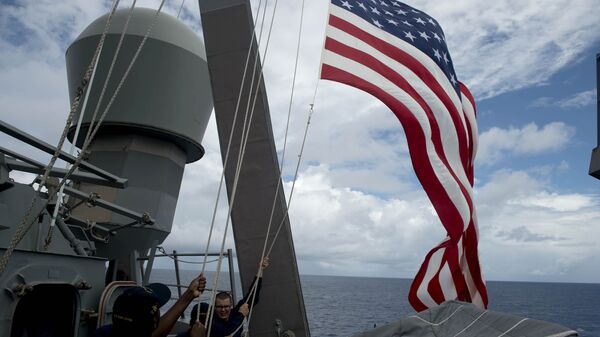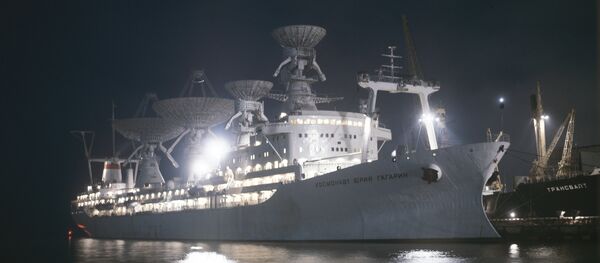Currently, a large naval exercise involving 25 countries is underway in the area. Nearly 50 warships and over 200 aircraft have been concentrated near Hawaii for the drills.
"The ship’s presence has not affected the conduct of the exercise and we’ve taken all precautions necessary to protect our critical information," Lt. Ramsden added.
RIMPAC is the world’s largest naval exercise. It has been organized in the Pacific since 1971, annually or biennially. They are led by the Pacific Command of the US Navy. Russia took part in the drills once, in 2012.
"While it wasn’t unusual at all during the Cold War for Russian spy ships to linger off the coast of the US to suck up signals intelligence information or monitor exercises like RIMPAC, the Russians have been lax in their surveillance until recently," the article read.
"I can’t understand why the Americans are so surprised. This is normal because Russian and American ships always monitor each other. Our ship didn’t interfere in the drills. The US military also observes drills of the Russian Army," Vladimir Evseyev, director of the Institute of CIS Countries, told Gazeta.ru.
The RIMPAC command did not provide additional information on the ship. However, sources of the US Navy Institute suggested that this might be the SSV-80 Pribaltika intelligence ship of the Russian Pacific Fleet.
The Pribaltika is a large intelligence ship of project 1826. It was built in 1984 in Kaliningrad.
The ship carries special equipment allowing for intercepting and analyzing radio signals. Then, information is transmitted to ground command points or to flagships.
The ship is also equipped with Strela-2M guided missile launchers and an AK-630 six-barrel artillery system.
"Only the Russian Defense Minister can confirm this information," Vladimir Komoedov, former commander of the Black Sea Fleet, said.
"But the drills are held in neutral waters, so no one could ban Russian ships from being there," he added.
During the Cold War, this was routine practice. Soviet warships often observed the RIMPAC drills.
Washington has already expressed concerns about Russian naval ships near the US coast. For example, ahead of US-Cuban talks on January 21-24, 2015 the Russian spy ship Viktor Leonov docked in Havana. The goals of his visit to the island were not reported. The US was concerned that the ship would monitor the talks.




